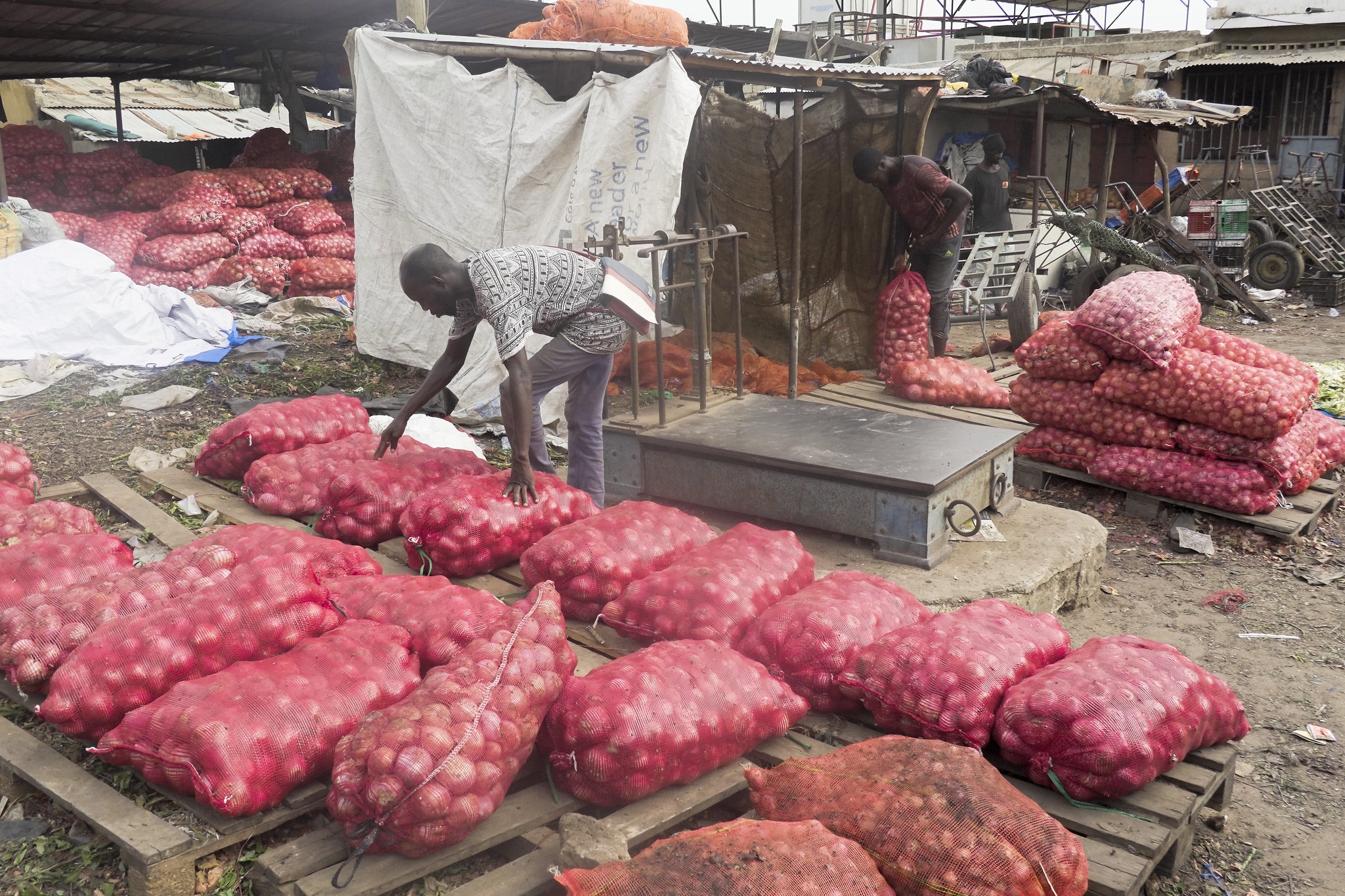
This PPG aims to develop a project proposal to strengthen Ethiopia's phytosanitary system to enable the country to gain and to maintain international market access of agricultural products. The PPG will start with an in-depth assessment of the country's phytosanitary capacity based on the IPPC Phytosanitary Capacity Evaluation (PCE) tool. The project proposal will be based on the findings and recommendations of the PCE and will develop a strategic plan to address the main gaps identified.
Thanks to its diverse agro-climatic conditions, Ethiopia produces a variety of crops and agricultural products in different regions all year round. Many of these products, such as flowers, vegetables and fruits are destined for the international market.
However, Ethiopia's exports of agricultural products remain well below its potential due to the country's limited capacity to deliver effective phytosanitary control services. The absence of inspection posts at most borders exposes the country to the risk of introducing, establishing, and spreading pests and diseases. Emerging pests, such as the cotton mealybug, tomato leaf miner (Tuta absoluta), white mango scale, new races of wheat stem rust, citrus woolly whitefly, fava bean gall disease, and white rot in onions, have posed significant challenges over the last decade. Furthemore, challenges exist regarding outdated phytosanitary regulations, lack of coordination between plant protection agencies and other relevant stakeholders.